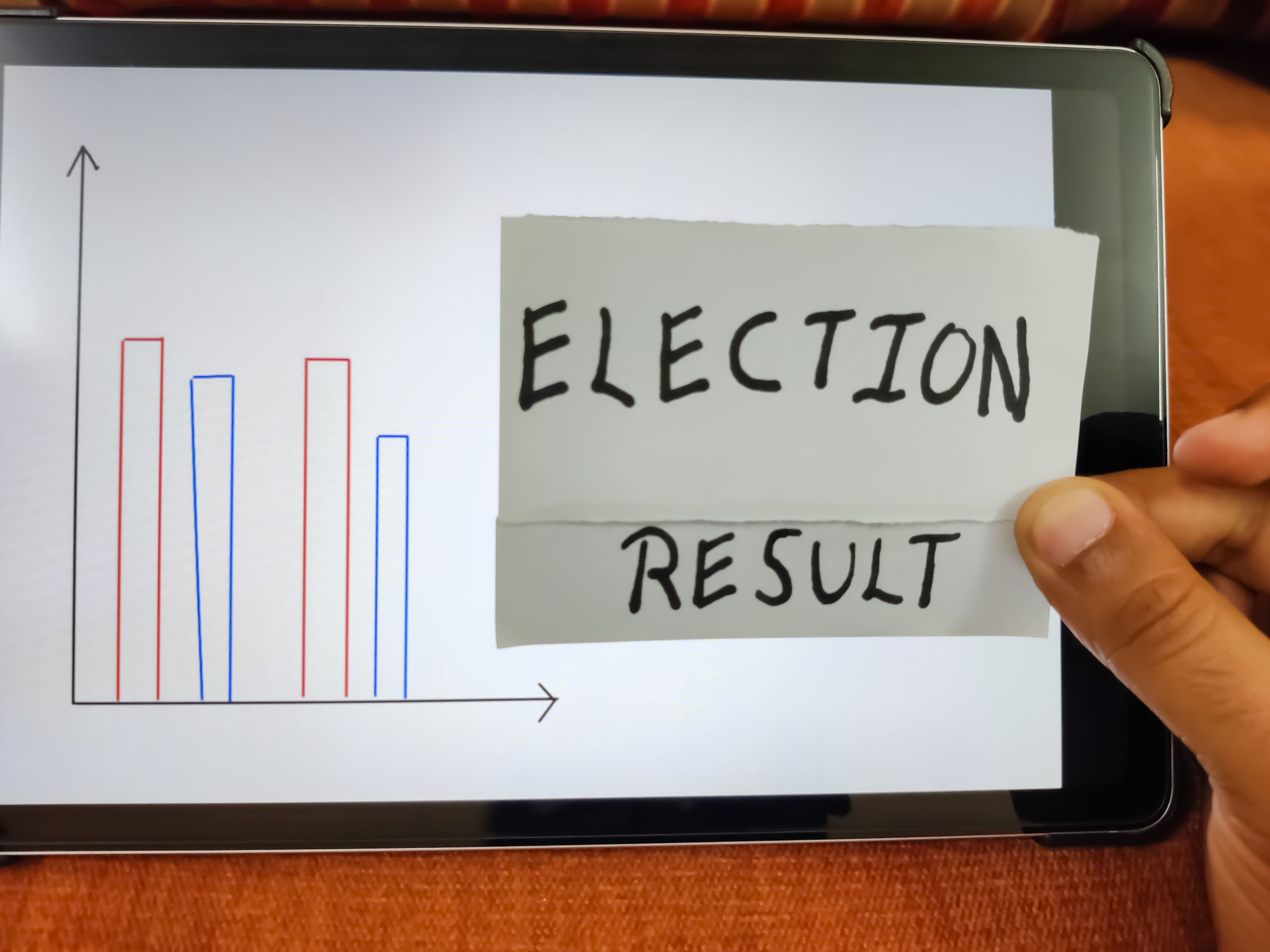AI and Political Engagement: Encouraging Voter Participation
The Transformative Power of AI in Politics
Artificial Intelligence (AI) has revolutionized various sectors, and politics is no exception. As we advance into a digital age, AI plays an increasingly significant role in shaping political engagement and voter participation. By leveraging AI, we can create more informed electorates and facilitate a more dynamic democratic process.
AI can analyze vast amounts of data to identify trends, preferences, and behaviors among voters. This capability enables political organizations to craft personalized messages that resonate with individual voters, making the communication process more engaging and effective.

Enhancing Voter Outreach
One of the key benefits of AI in political engagement is its ability to enhance voter outreach. Campaigns can use AI-driven analytics to target specific demographics that are less likely to vote. By understanding these groups’ concerns and preferences, campaigns can tailor their messages to encourage participation.
Moreover, AI can automate many aspects of voter outreach, from sending reminders about registration deadlines to providing personalized voting information. This automation not only increases efficiency but also ensures that no voter is left uninformed.
Combating Misinformation
In today’s digital world, misinformation can spread at an alarming rate. AI tools can help combat this by quickly identifying and flagging false information. By analyzing patterns and sources, AI can alert both voters and political entities about the spread of misinformation, promoting a more truthful dialogue.

Facilitating Informed Decisions
AI can assist voters in making informed decisions by providing them with curated information based on their interests and preferences. For instance, AI-driven platforms can compile data from credible sources, offering voters a comprehensive view of candidates’ positions on various issues.
Additionally, AI chatbots can answer voters’ questions about the electoral process, making it easier for them to navigate the often complex landscape of political information.
Predictive Analytics and Future Trends
The use of predictive analytics in politics is another exciting development. By analyzing past election data and current trends, AI can forecast election outcomes and voter turnout. These insights help campaigns allocate resources more effectively and adjust strategies as needed.

Challenges and Ethical Considerations
While AI presents numerous opportunities for enhancing political engagement, it also raises ethical concerns. Issues related to privacy, data security, and algorithmic bias must be addressed to ensure that AI applications in politics are fair and transparent.
It is crucial for policymakers to establish guidelines that regulate the use of AI in political campaigns to protect voters’ rights and maintain the integrity of the democratic process.
Conclusion: A New Era of Political Engagement
AI has the potential to transform political engagement by making it more accessible, informed, and dynamic. As technology continues to evolve, it is essential for political entities to embrace these innovations responsibly. By doing so, we can encourage greater voter participation and strengthen our democratic institutions for future generations.